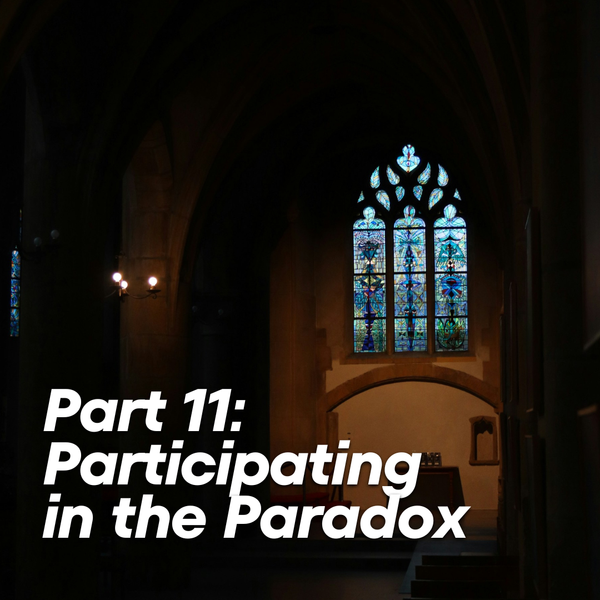Part 12: Beyond Belonging

What we call the beginning is often the end
And to make an end is to make a beginning.
The end is where we start from.
— T.S. Elliot
According to Master Linji the miracle is not to walk on water or in thin air, but to walk on Earth. Walk in such a way that you become fully alive and joy and happiness are possible. That is the miracle that everyone can perform.
— Thich Naht Hahn
I don’t aspire to be a good man.
I aspire to be a whole man.
— Carl Jung
For me to be a saint means to be myself. Therefore the problem of sanctity and salvation is in fact the problem of finding out who I am and of discovering my true self.
― Thomas Merton





